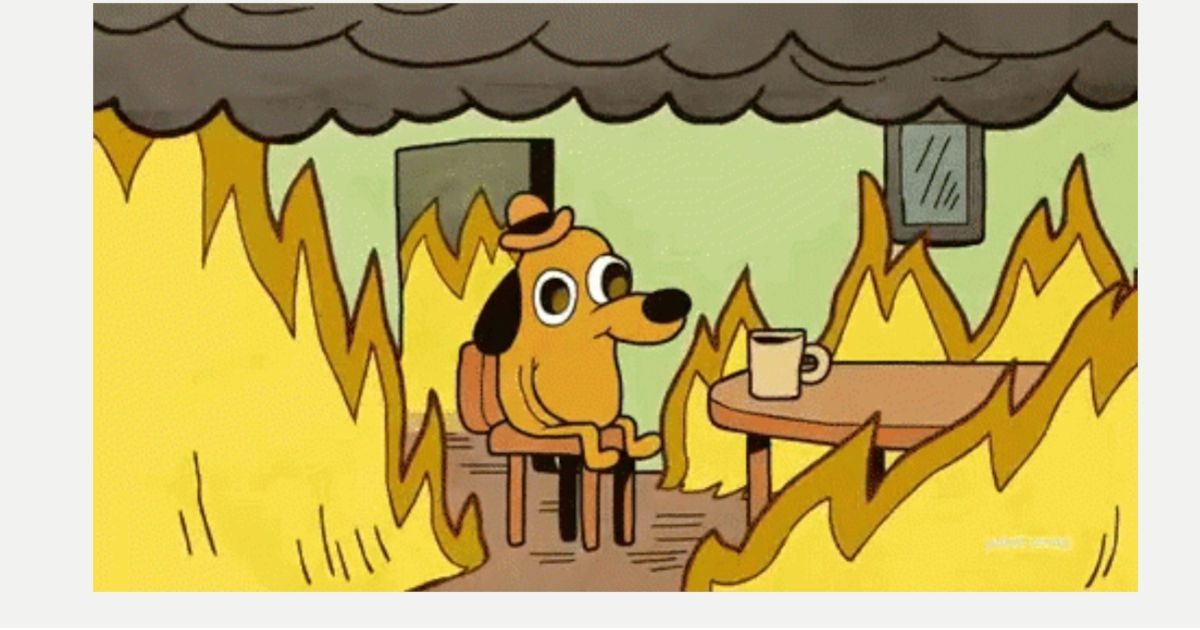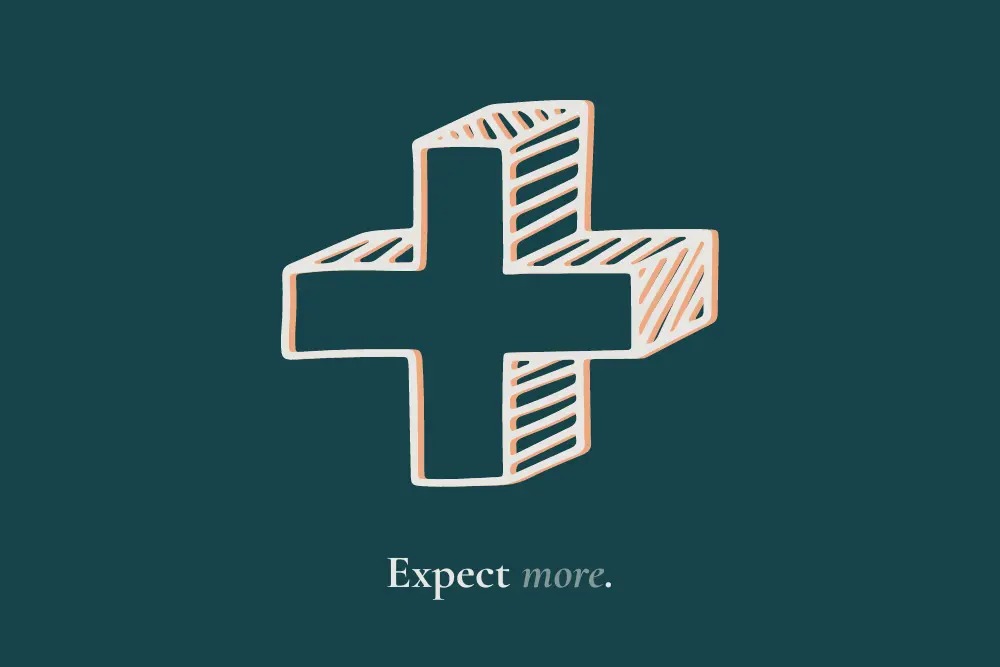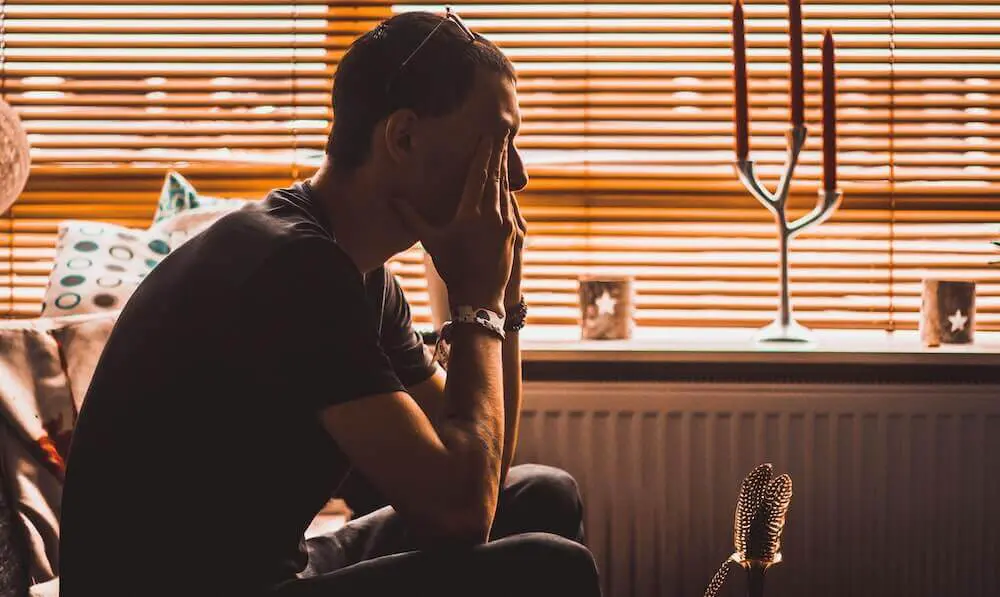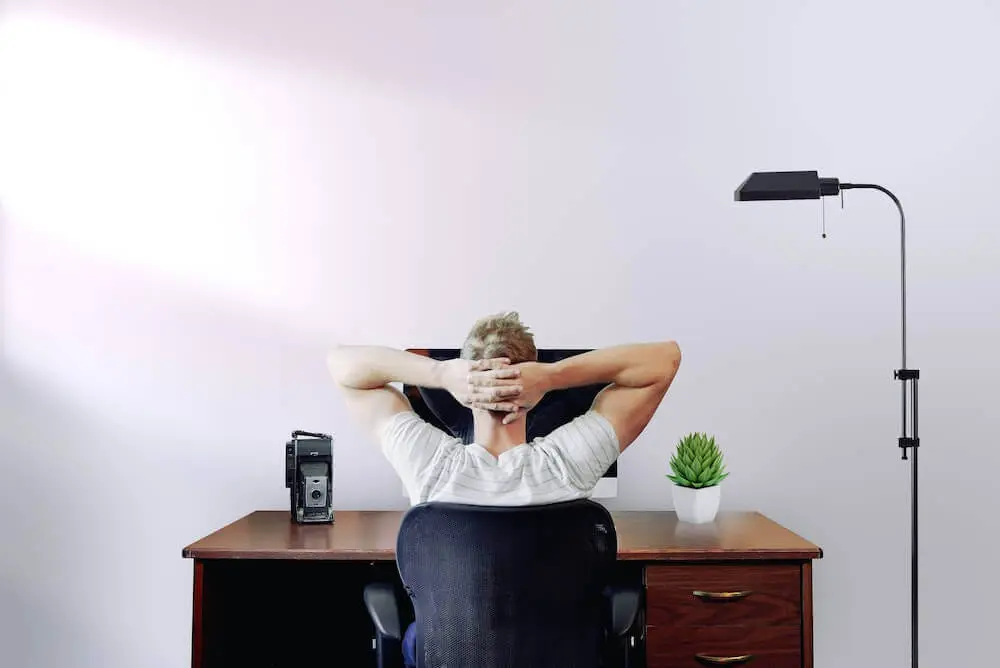Sleep Myths And Strategies
A common concern I hear from clients is with their sleep: not enough, too much, difficulty falling and staying asleep, difficulty waking up, etc. Often these clients question whether their experience is normal. Well, let’s find out ...
Busting Sleep Myths
There are many unhelpful myths about sleep that leave us asking questions and comparing ourselves to others. They often contribute to sleep difficulties, too. I thought it might be helpful to debunk some of the big ones here:
- Everyone needs the same amount of sleep, preferably 8 hours
- Not everyone needs the same amount of sleep. Some key indicators of what is the right amount of sleep for you is feeling well rested, energized, and attentive.
- I should be able to fall asleep as soon as I go to bed
- It is common for people to take anywhere from 15-30 minutes to fall asleep.
- Feeling tired in the morning means I did not sleep well or enough
- Our drive for sleep has a cycle and it can be complex. Just because you are tired in the morning it does not mean you will not be productive and attentive that day.
- I should catch up on sleep and sleep extra when I have not had a good night or week of sleep
- Having one night of bad sleep does not significantly impact energy, attention, mood and other regulatory bodies of sleep.
- I do not have enough time for sleep
- Restricting sleep to be productive works the opposite way we want it to, and reduces energy, concentration, attention, learning, weakens our immune system and can negatively impact mood. Sleep is an important part of being productive.
- Alcohol and drugs help with sleep
- While one glass of wine can relax the body, several can dehydrate and make it more difficult to sleep. For more information, please ask your healthcare provider.
I mention these myths to hopefully help us all feel less stressed and more hopeful about sleep. That said, personal experience and preference is always important to consider. Whatever works best for you matters most, and trusting yourself and your body is the best source of information.
Building Better Sleep Habits
Here are some strategies for sleeping better:
- Have a regular wake up and bedtime (within an hour) whenever possible.
- Keep your bed for relaxing activities only (e.g., sleep, sex) and avoid doing work or watching television in bed.
- If you are having difficulty falling asleep, get up and do something relaxing until you are tired again, and then go back to bed.
- Be mindful of use of alcohol, cigarettes, caffeine and heavy meals in the evening.
- Exercise regularly (this does not have to be strenuous, even walking or stretching helps).
- Incorporate relaxing activities before bed, such as turning off your phone, yoga, breathing techniques, and anything else that helps you relax.
- Identify worrisome thoughts and anxiety that comes up before sleep or when trying to fall asleep.
While these strategies are helpful for people experiencing manageable sleep disturbances, sleep issues can be an indication that something else is going on, and it may be time to talk to someone. Additionally, these strategies are not meant to cause more anxiety or doubt about your sleep. It is always important to consider what works for you and your health when it comes to sleep.
This article was written by Kelsey Block during their time at Shift Collab.














.gif)







![Why You Need to Unfollow [@YourEx]](https://cdn.prod.website-files.com/625ec823c07cd8de32e1bae2/684af2346eb36cf47933e7ab_20240206T0910-707e5b7e-9802-42a3-8070-ba67b8dc33fd.webp)






![Summer Lovin' [not] Havin' a Blast](https://cdn.prod.website-files.com/625ec823c07cd8de32e1bae2/684af26ed2b68f821b628848_20240206T0910-fd1563e4-34d1-49e6-af59-9b95c717196a.webp)













































































